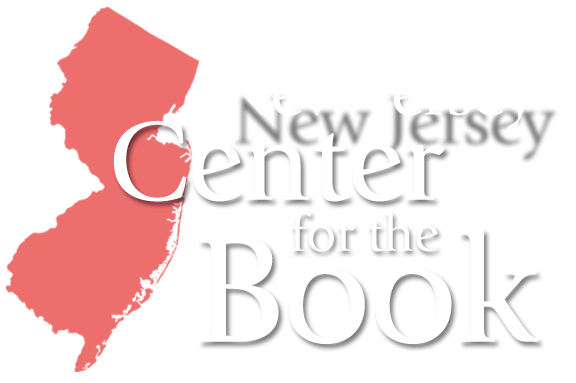Letters About Literature First Place Level 3-2015
Monica Gu, Paramus High School, Paramus, NJ. Level Three (Grades 9-12) First Place, NJ State award.
Monica Gu wrote to Emily Brontë, author of Wuthering Heights
Dear Emily Brontë,
The first time I read Wuthering Heights, I flung the book across the room. The last time I read it, I cried.
The first time, I was twelve years old and considered myself a certified bookworm; however, until I encountered your book, I had never read a classic or anything dated before the twentieth century, and I had certainly never expected two-hundred-year-old characters to make me so emotional. Wuthering Heights transcends its time period, both to a seventh grader who doesn’t understand a third of the vocabulary and to a high school junior who, thanks to the SAT’s, can now define most of them.
But I digress, Ms Brontë. Each time that I read your book, a familiar mix of rage, revulsion, and sadness bubbles in the pit of my stomach, and it reminds me why I love to read. This sensation is always most prominent during the scene in which Heathcliff returns to the moor and confronts Catherine, crying, “ ‘I have not broken your heart – you have broken it; and in breaking it, you have broken mine.’ “ That was the speech that sent my book flying across the room at age twelve, and the emotional reaction I had back then shocked me. I was an avid reader, but I was also a preteen girl. These two facts equated to many, many young adult romances on my bookshelf, all happy stories that “taught” me about love while simultaneously promoting my naïveté on the subject. I romanticized romance, and I romanticized a reality full of young men and women who made mistakes but were decent, likable people who would always end up happily together.
Wuthering Heights was the first book to teach me differently. And when I read your novel again this past year, I finally understood completely. This time, I’d just ended my first real relationship, an incredibly tumultuous one, and I’d had my heart broken for the first time. Your book was a sisterly embrace across eras and centuries, reminding me that I was not alone. I don’t know if you were ever heartbroken, Ms. Brontë, but I feel that you wrote from experience. I know you died young, and unmarried, but the most painful loves are the first ones, when people do not know how to love themselves, much less another person.
I want to clarify, however, that Wuthering Heights is not just special to me because it was a sample of heartbreak long before I ever felt it, or because later it confronted me by putting that delicate pain into words. I love your book for another reason.
For most people, your characters are caricatures of our worst traits. The lovers, Heathcliff and Catherine, are self-absorbed, vengeance-filled and jealous, and they destroy themselves and each other with love as pitiful – but ultimately true – excuse. Heathcliff is wild and bad-tempered, motivated by degradation to scratch his way to the top. Catherine is a spoiled beauty, treated with devotion but selfish and whiny, easily persuaded by society to turn up her nose at those below her. The two are already unlikeable, difficult people, yet the one thing that prevents them from being together is their mutual lack of acceptance.
To some degree, we are all Heathcliff and Catherine. We all have the potential to hurt those we care deeply about. We are flawed, but the worst imperfection of all is to be unable to accept the flaws of others. Despite their love for one another, Catherine could never accept Heathcliff’s low social status, and Heathcliff could never forgive her for that. In the end, you made it clear that this was their undoing, and led to the equal misery of everyone around them.
In that first real relationship of mine, my boyfriend and I fought nearly every day for a year. We stayed together that long because we were both inexperienced enough to think that the feelings we had for one another were powerful enough to overcome all else. We criticized each other, and even after apologies, grasped onto those faults and past criticisms to use as ammunition for later. There were nights when one of us was lonely or depressed, but the other was too angry over something said in the past to even bother with consolation.
I missed him a lot when it was over, Ms. Brontë, but I know it was for the best. We were a volatile pair, exploding the second after the other person did something wrong. When I read your novel this year, I cried because it finally brought to light something I had inherently already known from that failed first love. It was that nobody is perfect, and that if a person loves someone but cannot handle their flaws, neither party will be happy. This doesn’t just apply to romance, but to everyone in a person’s life – friends, family, themselves. All humans have ugly, unpleasant sides, and passions just as strong.
I know now to be more tolerant, more patient, and more forgiving. I know now that we are all born knowing love, but must learn how to execute it.
Ms. Brontë, I write to you about your book, considered by many to be so dark, yet I say all of this with a sense of enlightenment. I realize my broken heart does not sound like much. Everyone loves, everyone hurts. But Wuthering Heights is not only about love; it is about being human. And each time that I read your novel, I feel like I am becoming a better one.
Gratefully yours,
Monica Gu





